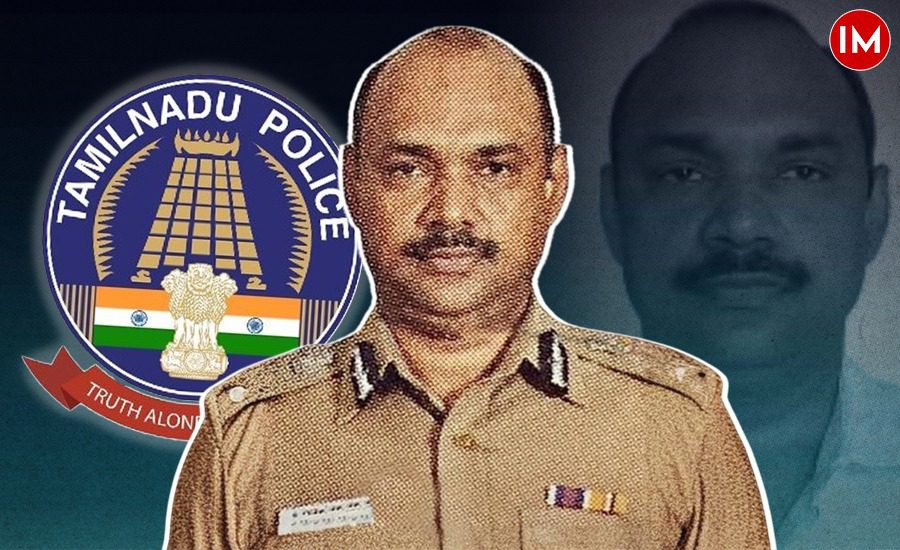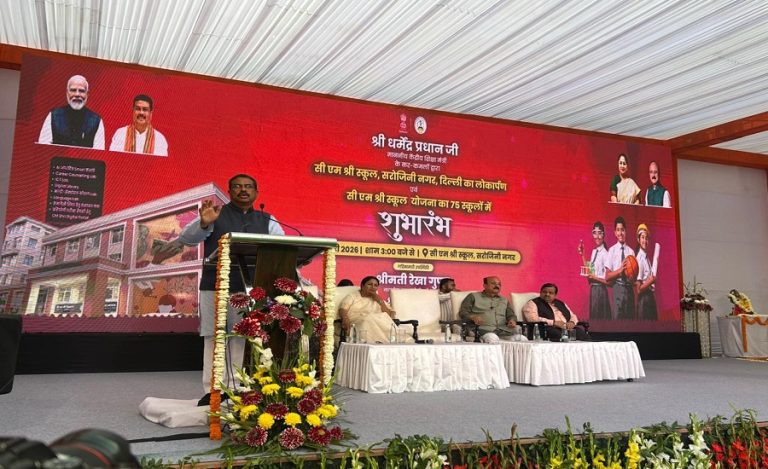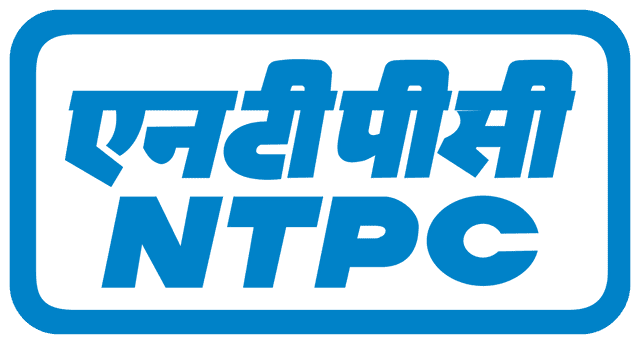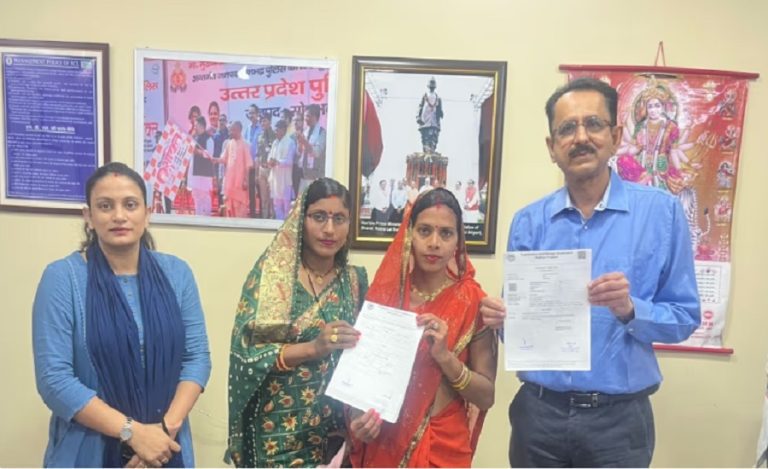Chennai: A Public Interest Litigation (PIL) has been filed in the Madras High Court against the appointment of G Venkatraman (IPS:1994:TN) as the in-charge Director General of Police (DGP)/Head of Police Force (HoPF) in Tamil Nadu. The plea raises serious questions about the legality and transparency of the appointment process.
The petition, filed by former Inspector of Police and Nethaji Makkal Katchi president R Varadaraj, is slated for hearing on September 8 before a bench comprising Chief Justice Manindra Mohan Shrivastava and Justice G. Arul Murugan.
Alleged Violation of Prakash Singh Guidelines
The petitioner alleged that the Tamil Nadu government bypassed the Supreme Court-mandated Prakash Singh guidelines, which direct states to send a list of all eligible DGP-rank officers to the UPSC at least three months prior to the retirement of the incumbent.
In this case, former DGP Shankar Jiwal retired on August 31, 2025, and Venkatraman – then serving as DGP (Administration) – was given ad-hoc charge on the same day without due process.
Conflict of Interest Alleged
Varadaraj’s petition claims that G Venkatraman himself prepared the list of eligible officers during his tenure in administration, and was later appointed from the same list, raising conflict of interest and lack of transparency.
He further argued that the state government intentionally delayed the DGP selection process for political reasons, as Tamil Nadu heads into a crucial Assembly election year in 2026.
Key Demands in the Petition
The PIL seeks the following reliefs–
- Quashing of the state government’s order dated August 31, 2025, appointing Venkatraman as in-charge DGP.
- Directive to UPSC to prepare a panel of eligible officers based on merit and seniority.
- Appointment of a senior-most officer as interim DGP, until a regular DGP/HoPF is chosen in compliance with Supreme Court norms.
- An interim stay on Venkatraman’s appointment pending final disposal of the case.
Background: Prakash Singh Judgment
The Prakash Singh case, decided by the Supreme Court in 2006, laid down clear guidelines to depoliticize police appointments. It mandates that the UPSC must be involved in the selection process and states must avoid ad-hoc or direct appointments.
Any non-compliance can be treated as a violation of the court’s directions, and has previously led to strong judicial pushbacks in various states.




























